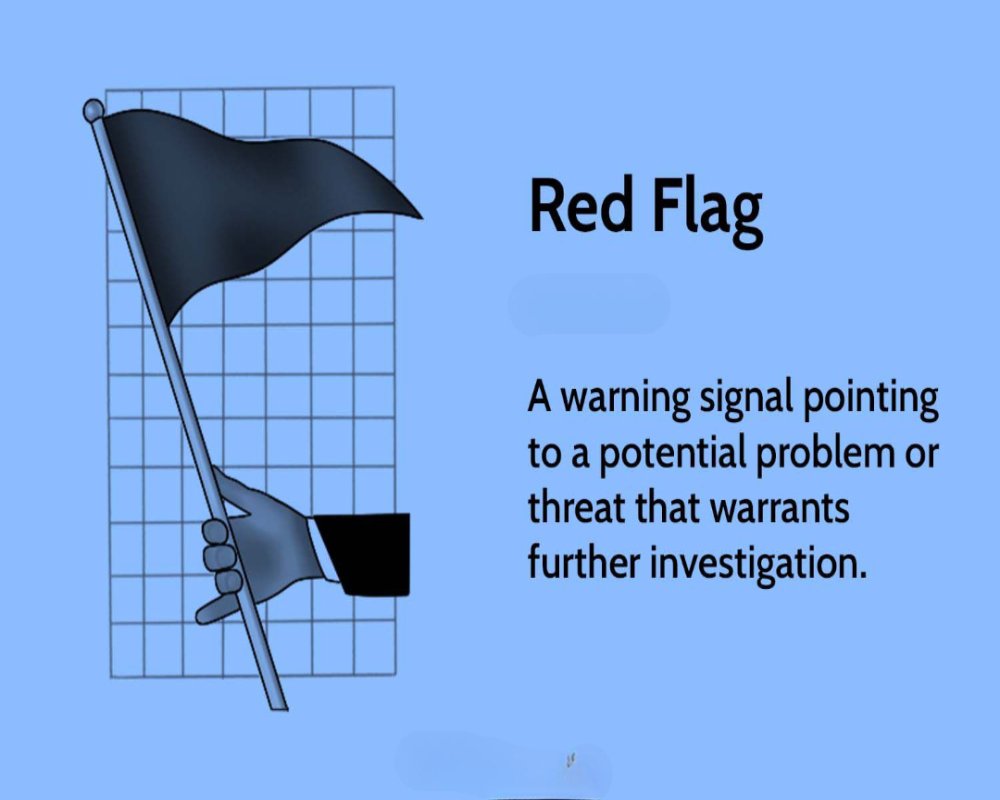Introduction
Red flags in due diligence reports refer to warning signs or critical issues uncovered during the review and assessment of a property, business, or transaction. These indicators highlight potential risks, irregularities, or non-compliance that may impact the viability, legality, or profitability of the deal. In industrial and commercial transactions—where large-scale investments and long-term commitments are involved—identifying red flags is essential for informed decision-making. These red flags signal areas that require deeper investigation, corrective action, or, in some cases, reconsideration of the transaction altogether.
Legal Irregularities and Title Disputes
One of the most common red flags in due diligence reports involves discrepancies or disputes related to land ownership and legal title. These may include:
- Incomplete or unclear title documentation
- Ongoing litigation over the property
- Inheritance claims or conflicting ownership rights
- Unauthorized possession or encroachments
Such legal uncertainties can delay projects, restrict financing options, or lead to future lawsuits, making them high-risk issues that must be addressed before proceeding.
Unresolved Encumbrances and Financial Liabilities
Due diligence reports often reveal financial burdens attached to the property or business. Red flags in this category include:
- Mortgages, liens, or loans against the asset
- Outstanding tax dues or utility arrears
- Unpaid vendor or contractor bills
- Unrecorded liabilities in financial statements
These obligations, if inherited unknowingly, can increase acquisition costs and impact the financial health of the transaction. They must be resolved or accounted for in the negotiation process.
Regulatory Non-Compliance
A critical red flag is the absence or invalidity of mandatory regulatory approvals. This may involve:
- Lack of environmental clearance or pollution control permits
- Expired factory licenses or fire safety approvals
- Construction carried out without sanctioned building plans
- Zoning violations or land use mismatches
Non-compliance can result in legal penalties, operational shutdowns, or rejection of future expansion plans. Due diligence must verify the validity of all statutory permissions and certifications.
Environmental and Site-Specific Hazards
In industrial projects, environmental risks present serious red flags. These may include:
- Evidence of soil or groundwater contamination
- Proximity to eco-sensitive or protected zones
- Improper disposal of hazardous waste
- Absence of environmental impact assessments (EIA)
Environmental issues can lead to costly remediation, legal action, and long-term reputational damage. These risks require technical assessment and clear mitigation strategies.
Discrepancies in Financial Records
In business transactions, anomalies in financial statements raise significant red flags. Warning signs include:
- Inconsistent revenue trends without explanation
- Undisclosed related-party transactions
- Aggressive accounting practices
- Mismatches between reported assets and physical inventory
These discrepancies undermine the credibility of financial projections and may indicate underlying fraud or mismanagement.
Operational Inefficiencies or Dependence Risks
Due diligence reports may also highlight operational concerns such as:
- Heavy reliance on a single customer or supplier
- Aging machinery or outdated technology
- Workforce unrest or unresolved labor disputes
- Inadequate safety protocols or poor maintenance
These factors can reduce productivity, affect output quality, and pose risks to continuity and compliance.
Unfavorable Contractual Obligations
Red flags can also emerge from unfavorable contract terms, including:
- One-sided clauses favoring other parties
- Long-term liabilities or penalties on termination
- Intellectual property not legally transferred
- Lease or license agreements that are difficult to assign or renegotiate
These obligations may limit flexibility and affect the long-term profitability or usability of the asset.
Conclusion
Red flags in due diligence reports serve as crucial indicators of risk, uncovering legal, financial, regulatory, environmental, and operational issues that could jeopardize a transaction. Identifying these red flags early allows buyers and investors to take informed action—whether by renegotiating terms, seeking legal remedies, or walking away from the deal. In high-value industrial and commercial ventures, a proactive approach to addressing red flags is essential for minimizing exposure, ensuring compliance, and securing long-term success. A detailed, well-analyzed due diligence report not only uncovers problems—it empowers decision-makers with clarity and control.
Hashtags
#DueDiligence #RedFlags #RiskAssessment #InvestmentAnalysis #FinancialDueDiligence #BusinessEvaluation #FraudDetection #ComplianceCheck #CorporateGovernance #RiskManagement #FinancialReporting #DueDiligenceProcess #InvestmentRisks #BusinessIntegrity #TransparencyMatters #FinancialHealth #MergersAndAcquisitions #DueDiligenceChecklist #RiskMitigation #SmartInvesting


